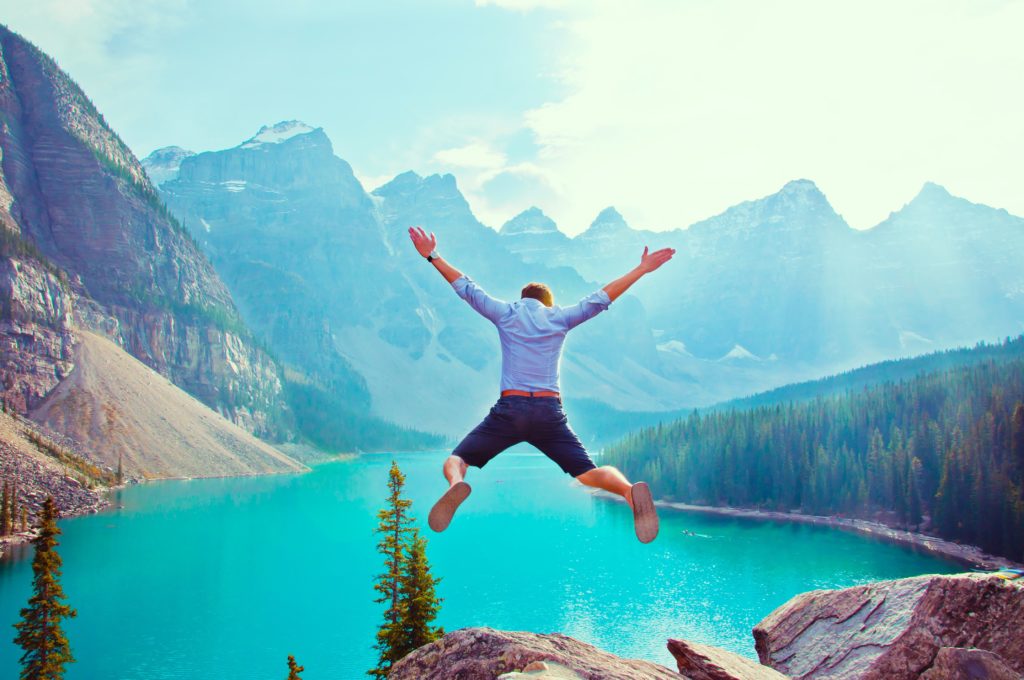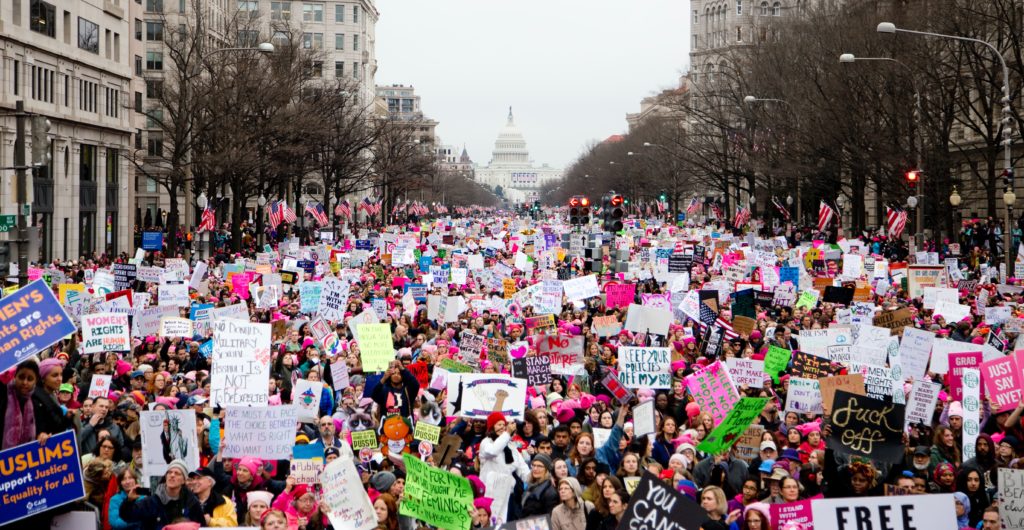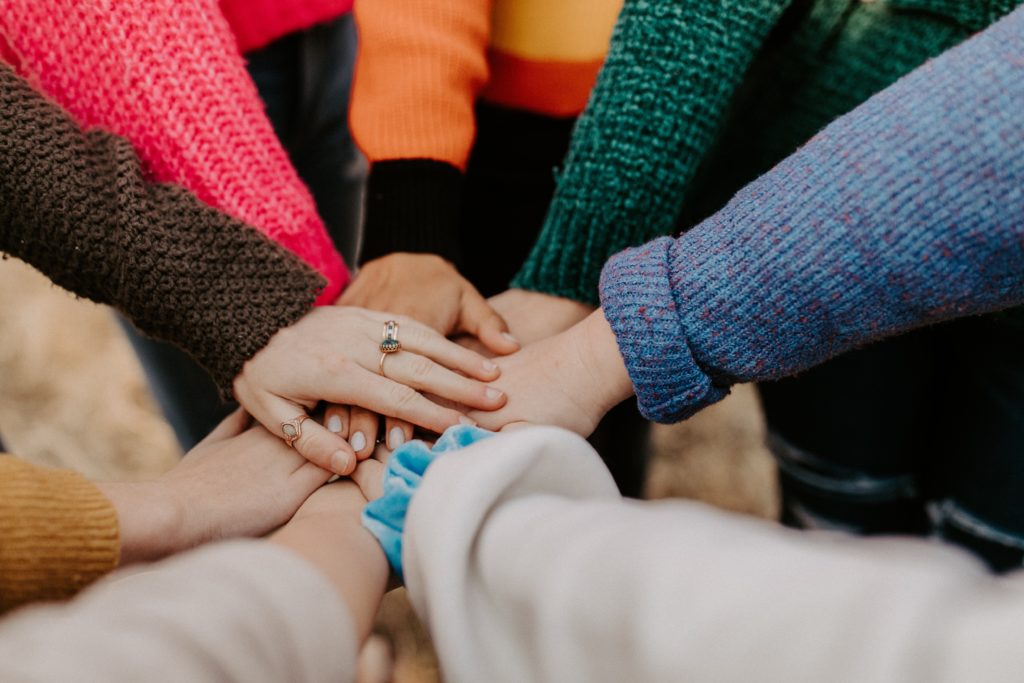
A great leap forward is what is required now to enable us to create a better world for all.
I have recently read two books that have convinced me we can find solutions to the global problems we face.
Let there be no doubt that these problems are very serious and that we need a transformational change in our way of life, and we need it now. I believe, however, that the changes that these books recommend can make life better and more satisfying for most of us, and also enhance the well-being of our planet and its biodiversity – if we follow their guidance.
The first book is EARTH FOR ALL – A Survival Guide for Humanity (A report written for the Club of Rome).
This is a book written by a renowned group of scientists and transformational economists in the hope of securing the future of humanity. But also to help us to find a way to convert our global society from one of inequality and misery for so many, to one of equal opportunities, hope and a thriving planet.
The writers have examined what they call the “Pain Points” of our present society which need to be addressed:
- Extreme Poverty
- Inequality
- The Requirement for an Energy Revolution
- Ill-health Caused by Industrial Farming
- The Effect of that Farming on Nature and its Biodiversity
- Human Population Growth
- Our Desire for Infinite Material Growth (i.e. endless stuff)
Working Together for a Better Future

The authors believe we can overcome the challenges we face in spite of the deep divisions among and between us. However it requires us to relearn how to value our collective future. We must work together, and we must do it now. We can do this.
Why do I like this book?
I love this book, partly because I believe it has been extremely well researched by eminent scientists and social scientists with integrity, so what they are recommending feels possible and realistic – if we all get involved.
As a scientist I also like the way they have taken a systems approach – in other words, we must fix the important things at the same time. So, for example to deal with extreme poverty, we must deal with inequality. Similarly, to fix poverty we must find a way to limit family sizes, to do that we need education and equality of opportunity. To improve our health, we need better ways to grow our food and we can’t fix biodiversity loss when we destroy our forests to grow food. And so it goes on. We must work on everything together.
These seem very depressing examples, but the writers are clear that with enough investment in our future it can be done. We are already far down the road with the new technology required for a sustainable world. Each day there are new ways of doing something that in the past seemed impossible. We can create a new story for humanity – a better one. Our task is to insist our governments act now. This is where our Active Hope comes in.
It is hard to be optimistic, but we can still act! A happier future is there in front of us if each one of us has the courage to take that future into our own hands. We will not be acting alone. There are already many millions of people out there working to the same end.
The second book is CITIZENS: WHY THE KEY TO FIXING THINGS IS ALL OF US by Jon Alexander.
Working Together for a Better Future

What did I like about this book?
This book asks us to see ourselves as Citizens: “People who actively shape the world around them, who cultivate meaningful connections to their community and institutions, who can imagine a different and better life, who care and take responsibility, and who create opportunities for others to do the same.”
Does this sound impossible? Life is a struggle for very many people, and it is hard to believe we can make a difference. So, often we do nothing, thinking that it will be ok and others will make the changes. I sympathize with that, but I know that it won’t work.
Unless we all become actively involved we won’t change our lifestyles, and more importantly we won’t persuade our governments to make the changes we so sorely need.
Numbers count. The more we make ourselves heard the faster things will change.
I like also how he talks of the transition between the old story that we are trying to leave behind, and the new one that we will create for this better world of ours. Moving forward is hard work mentally. The author says that it is difficult to move on from what we know. It is worrying and painful. The transition leaves us living in an uncertain world and thus there is a risk that we will cling to what we know.
We must not do this. We need to share our worries and concerns with other people. We need to talk about how difficult it is for us and share our problems and move forward anyway.
For me, talking together is the key. We all want a better world for our children. We would like to make a world that is more about beauty and equality and health and less about needing stuff. We have been manipulated for profit: “Stuff” does not make us happy.
How Can Each of us Help in this Great Leap Forward?
- We need to think very carefully about how we vote, but we must vote.
- We need to talk to as many people as possible about the future we would like to see.
- Look for appropriate actions you can take within your communities which will make a difference. Erect a wind turbine? Set up a composting scheme? Make an appointment to talk to your politicians about sustainable living? There will be something you can do!
- Write to your politicians, the BBC, the Republican Party, your local newspapers, whoever you see thinking only of profit and not about the world to come. Ask them to think about your and their children’s futures.
- Believe there is a better world out there and that your contribution is necessary.
- Don’t give in.
Please help me pass on this message. I know there are many people out there that think their contribution is not necessary. It is! It needs all of us.
If you know anybody who would find this blog useful, please pass it on. Likewise, your comments are always appreciated.
Thank you.
To subscribe to my blog, please use the form on the Home page.
(Photographs above are all on Unsplash 1. by Victor Rodriguez, 2. by Vlad Tchompalov, 3. by Hannah Busing)

More interesting information and many good connections at https://poemsforparliament.com. Well worth a look I think.
Thank you Barbara. I appreciate your comments.